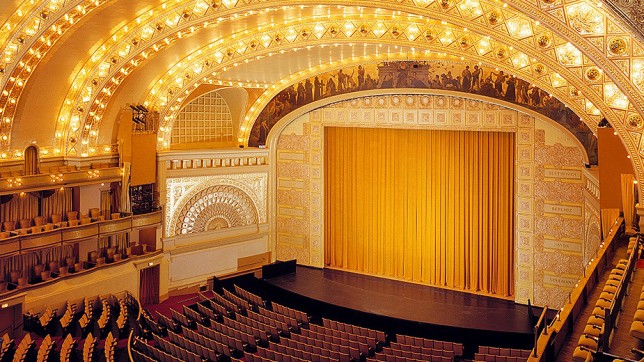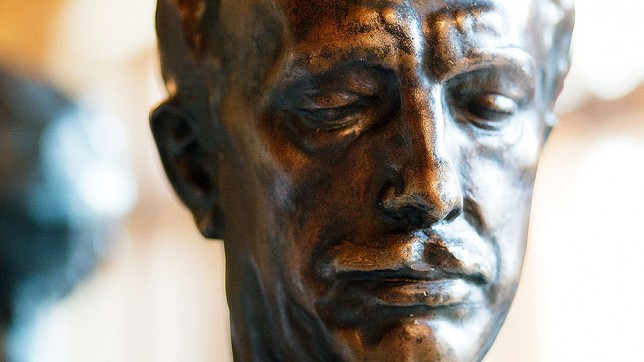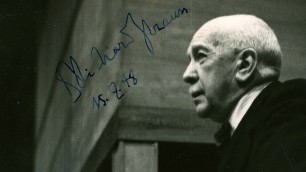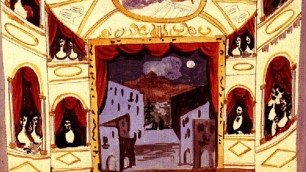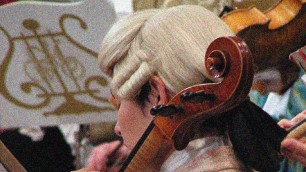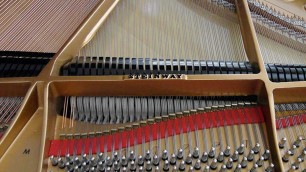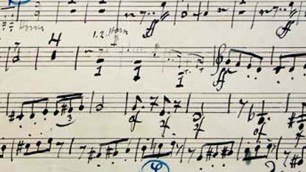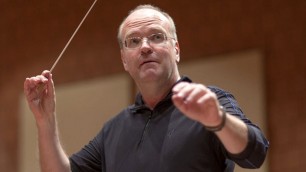Friday only: Buy one, get one free
It’s rare outside Vienna that concertgoers might hear two hometown orchestras in two historic halls in just one day. And…
Strauss, reflecting on his artistic life, in ‘Metamorphosen’
Richard Strauss’ Metamorphosen, which the Chicago Symphony Orchestra will perform May 15-17, is in many ways a subtle tribute to the German artistry that the composer worshipped. The elegiac opus for 23 solo strings is Strauss’ impassioned response to the desecration of Austro-German culture during World War II.
‘Four Last Songs,’ Strauss’ farewell to life — and love
Richard Strauss didn’t live to hear his Four Last Songs performed, although in a sense it didn’t matter, for the…
Life, washing away with the ceaseless tide, in Britten’s ‘Peter Grimes’
Benjamin Britten set Peter Grimes, his first major opera, in a small fishing village that could easily be the seaside…
‘Pulcinella,’ Stravinsky’s ‘discovery of the past’
While the term “neo-classical” serves as highly useful shorthand for describing much of Igor Stravinsky’s output, he himself hated the…
A salute to Charles Ives, an American original
If you drive down any road in rural America — it doesn’t matter in which state — eventually you’ll get…
The CSO gives its first performances of two 18th-century symphonies
Although the Chicago Symphony Orchestra has performed music by more than a thousand composers over its 123 seasons, it has…
How to get to Orchestra Hall? Press ‘Up’
Symphony Center hosts plenty of piano supporters. Front and center, there’s none stronger and more steady than Orchestra Hall’s piano…
Clear indications of things to come in Beethoven’s First
Beethoven, in his first symphony, reveals clear indications of what is to come — works that changed music and our expectations of what music could be.
Composers and the curse of the ninth symphony
Mahler’s Ninth is permeated by reflections on death. But as tempting as it is to read the work as a valedictory, there is no hard evidence that the composer believed it was such.
Bernard Labadie concentrates on a period-style approach
Bernard Labadie, who will lead the Chicago Symphony Orchestra in concerts May 8-10, believes in taking a period-style approach to 17th- and 18th-century programming. That philosophy often differs from the later, more Romantic style to which modern orchestras are accustomed. “The first time that you work with an orchestra,” he said, “even the best orchestras like the Chicago Symphony, in the repertoire that I do, it’s clear that it’s not their usual fare. It’s a little bit of a crash course in a foreign language.”

